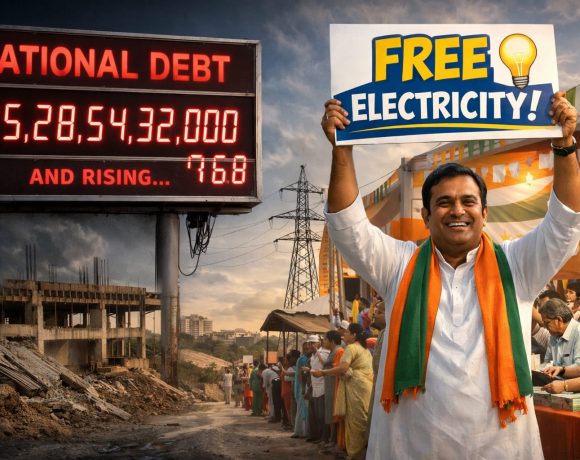
Trump Announces 50% Tariffs on Foreign Steel, Sparks Global Jitters
In a move that could reshape the global steel trade landscape, U.S. President Donald Trump has announced a significant hike in import duties on foreign steel and aluminum, raising them from 25% to 50%. The new tariffs, effective from June 4, 2025, are aimed at protecting the domestic steel industry and preventing foreign nations from bypassing earlier restrictions. “Nobody’s going to get around that,” Trump said, speaking to U.S. steelworkers during a campaign-style event. The increase marks a return to Trump’s hardline trade protectionist approach.
Indian Exporters Sound Alarm
India’s engineering exporters have raised red flags over the development. Pankaj Chadha, Chairman of EEPC India, called the tariff hike “unfortunate” and warned it would affect India’s $5 billion engineering export base. He urged the U.S. to offer India a tariff rate quota exemption similar to the one granted to the United Kingdom under Section 232. The latest tariff escalation also casts a shadow on India-U.S. trade negotiations, as it adds another friction point amid attempts to deepen economic ties between the two countries.
Nippon Steel Deal Announced Amid Tariff Hike
Coinciding with Trump’s tariff announcement was the unveiling of a $14 billion investment deal between U.S. Steel and Japan’s Nippon Steel. Trump reassured workers that the deal would not lead to any job losses or plant closures, and instead projected that the investment could help generate over 100,000 American jobs. Trump emphasized that U.S. Steel would retain control despite the foreign partnership, underscoring the deal’s aim to boost domestic steel output without sacrificing strategic independence.
Legal and Economic Fallout Likely
The announcement comes against the backdrop of a U.S. court ruling that recently reinstated Trump-era tariffs previously deemed unlawful. Critics fear the 50% tariff rate could trigger retaliatory actions by affected countries, fuel inflation in key sectors like auto manufacturing and infrastructure, and destabilize supply chains. Trade experts caution that while the move may provide short-term relief to U.S. steelmakers, it risks reigniting global trade tensions that had only recently started to cool.


















